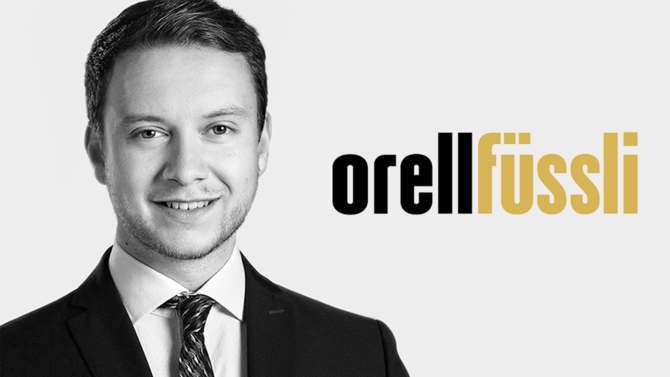Find out today what the legal world will be talking about tomorrow.
22.09.2016
Restricting the freedom to post hyperlinks protects copyright holders
If this rebuttable presumption cannot be rebutted, the act of posting a hyperlink would constitute a communication to the public and the infringer must bear the appropriate consequences, such as compensation for damages. The presumption can be rebutted, for example, where for the lack of “new public”, no communication to the public is given. This is the case where the works to which those hyperlinks allow access have been made freely available on another website with the consent of the author of the work.
Thus it must be taken into account in the future that authors may take legal action not only against the original publication of their works on a website, but also against any person posting for profit a hyperlink to the work illegally published on that website.
Practical tip:
Authors of a work have more opportunities to take legal action against the illegal communication to the public of their works. Consequently, a company that posts hyperlinks for profit on its website should check if the hyperlink leads to illegally published works. As in the past, the posting of a hyperlink may in no way circumvent any restricted access to the website.
Authors


![[Translate to English:] [Translate to English:]](https://www.skwschwarz.de/fileadmin/_processed_/c/0/csm_Header_ELLG_4d88ba8ff7.png)
